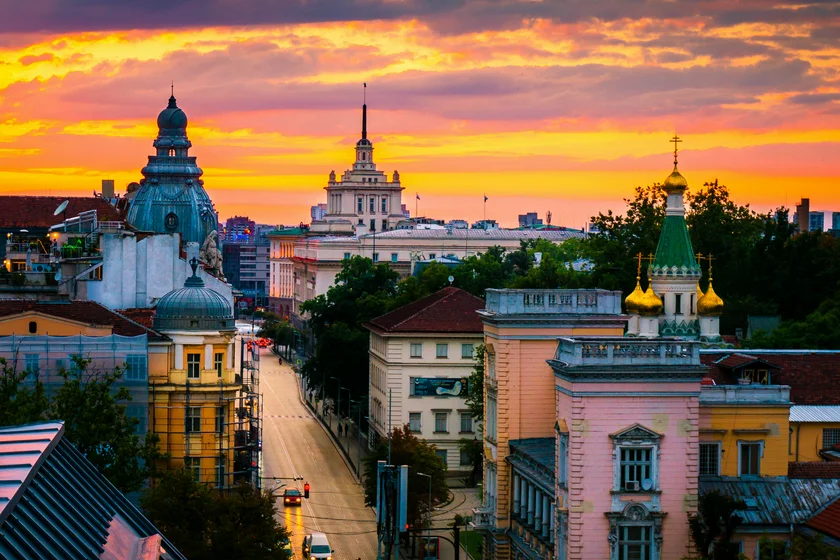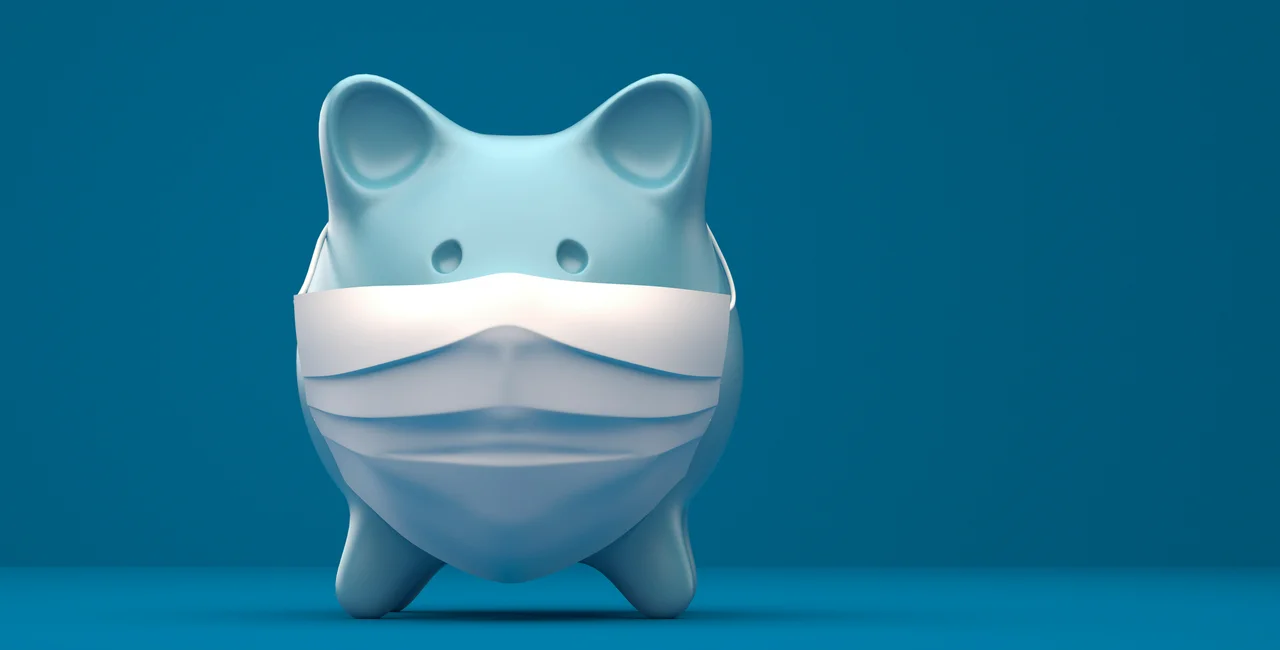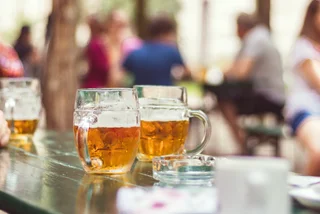As shops and services reopen some sectors and industries will see an increase in prices and are likely to rise even more in the near future. On the other hand, the strong Czech crown will make other consumer costs less expensive.
Restaurants in the Czech Republic have already increased beer prices, while others are waiting so as not to discourage customers. Eventually, they will have to pass on the increased costs. Hoteliers are also increasing prices in mountain or spa locations, and others will need to follow to stay afloat.
PARTNER ARTICLE
Cosmetic services, massages, and hair salons are also becoming pricier. Business operators not only have to make up for losses incurred over the last year, but they also have to make up for inflation.
"We anticipate that the price increase will be around 5 to 10 percent," Václav Stárek, the president of the Association of Hotels and Restaurants (AHR ČR) said.
Several hotel operators polled by the Czech New Agency (ČTK) said they were initially going to keep prices the same for now to attract customers back, but envisioned increases of several hundred crowns per night in the future.
People will also have to pay extra for cosmetic services including haircuts. Václav Pražák, chairman of the board of the Czech Association of Hairdressers (AK ČR) told ČTK prices could increase by 8 percent due in part to increased costs for hygiene and disinfection.
Hairdressers and beauticians have also said that the interest in their services is not as great as it was a year ago. Price increases are likely to be gradual, so as not to discourage customers from coming back.
Inflation has also had an effect. In April it rose by 3.1 percent year on year according to the Czech Statistical Office (ČSÚ). Fuel prices increased by more than 16 percent year-on-year, while alcohol and tobacco rose 13 percent. Some foods have also become more expensive. For example, a kilogram of apples costs an average of CZK 39, up almost CZK 6 during the year. Flour also increased. Prices for potatoes and pork, however, dropped.
Apartment renovations will also increase, as the cost of materials, especially metals and plastics, has risen up to 35 percent compared to last year. People in the carpentry industry say they have never before seen material costs increase as much. The lack of raw material has also pushed back delivery dates for ordered goods. Experts say the price increases of raw materials are due to interruptions in the supply chain.
“The rises in prices of some inputs are completely unprecedented,” Pavla Břečková, vice president of the Association of Small and Medium-Sized Enterprises and Crafts, told daily Lidové noviny.
Hourly work by electricians, painters, and mechanics is also expected to rise 5 to 20 percent.
While consumers are already seeing higher prices for fuel, the impact of the increases in raw materials will take a little while to reach the end consumers. But higher costs for finished goods will soon be seen, as manufacturers are already suffering from the pandemic and are not able to absorb any rises.
But there's also good news. The strengthening of the Czech crown against currencies of neighboring countries over the past year has led to vacations becoming several thousand crowns cheaper, according to an analysis by the company Purple Trading.
The crown is the strongest of the currencies of the Visegrad Four. Since May last year, it has strengthened against the Polish zloty by almost 6 percent, which more than offsets last year’s inflation. Also, food prices in Poland have not increased as much as in the Czech Republic.
The crown has also strengthened 3.6 percent against the Croatian kuna over the past year, while inflation there was only 2.1 percent as of April. Energy and accommodation are up slightly, while food prices have fallen 1 percent.
“Refueling in neighboring countries may be more advantageous. For example, in Slovenia you can buy a liter of petrol for CZK 30 or in Hungary for CZK 30.77,” Purple Trading analyst Štěpán Hájek.
One of the most attractive destinations budget-wise is Bulgaria. Over the last year, prices there have not risen significantly and the Czech crown has grown 7.5 percent stronger against the Bulgarian lev since May 2020.

Bulgaria also gas the cheapest gasoline, at CZK 26.20 per liter. Food and accommodation prices fell sharply during the pandemic, but with growing demand, prices can be expected to rise slightly. But a stronger crown should stop them, according to Purple Trading’s analysis.
The Czech crown is also significantly stronger than the euro, which is used in Germany, Austria, and Slovakia.












 Reading time: 3 minutes
Reading time: 3 minutes 


























